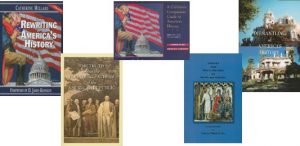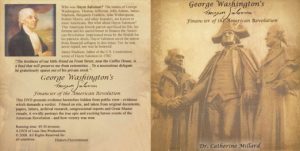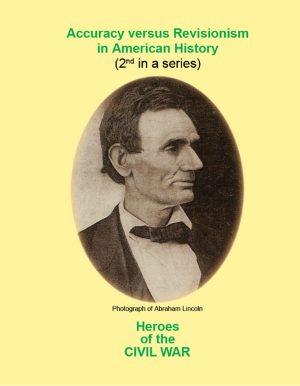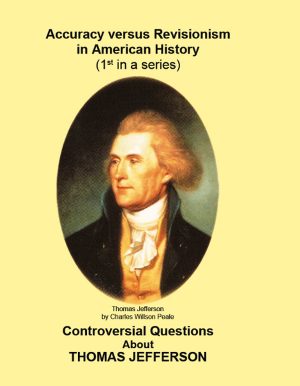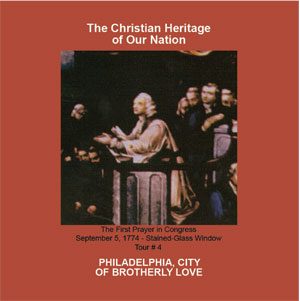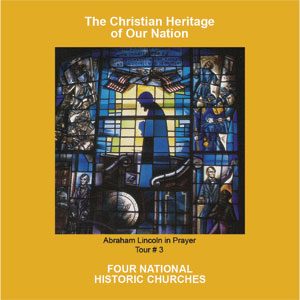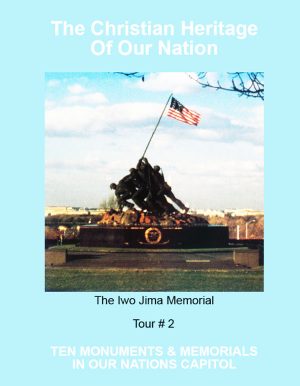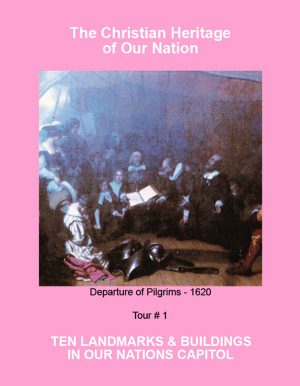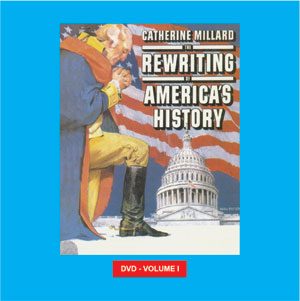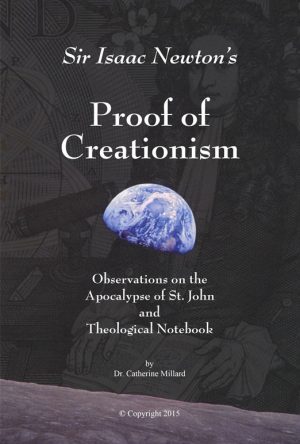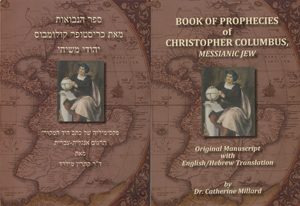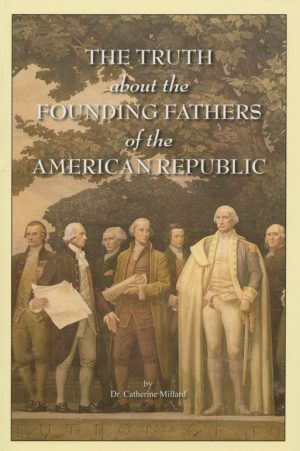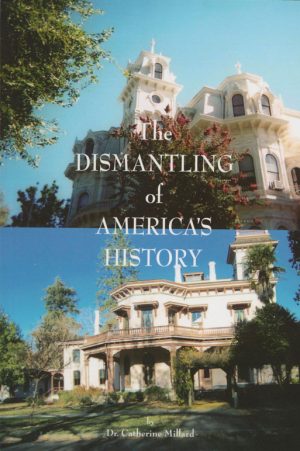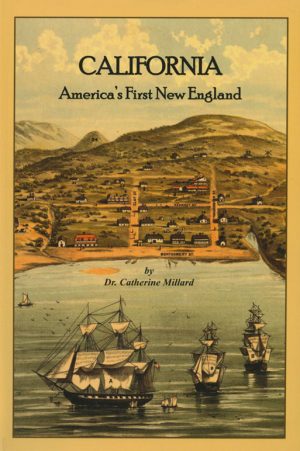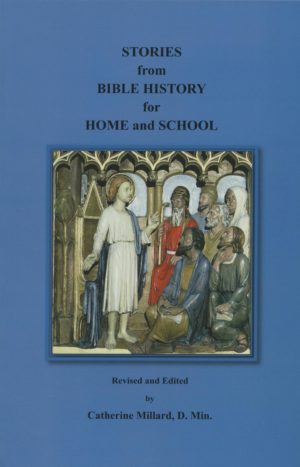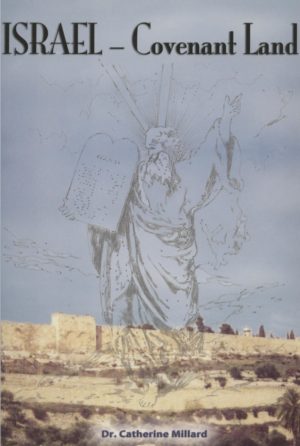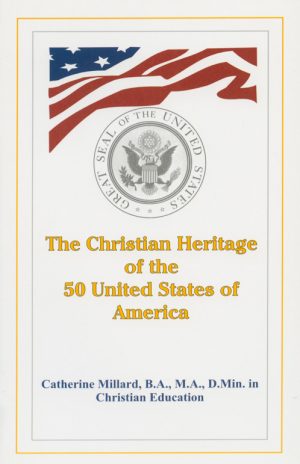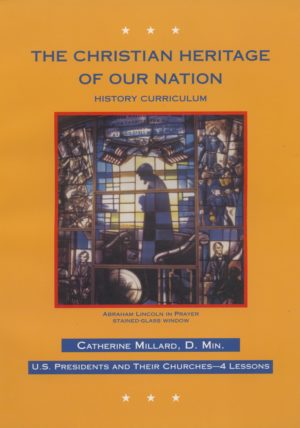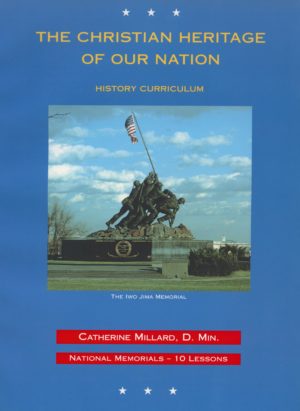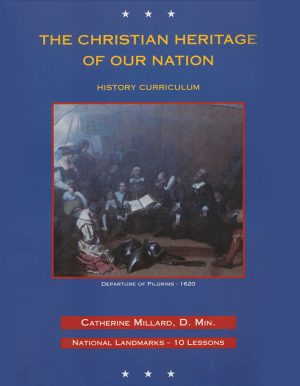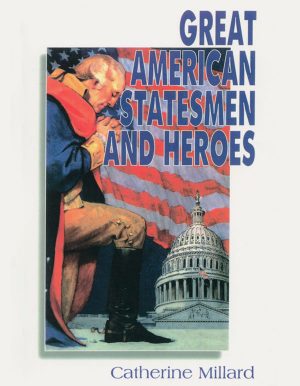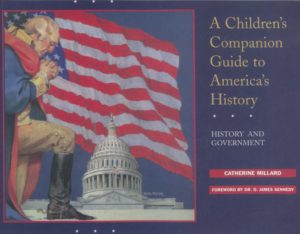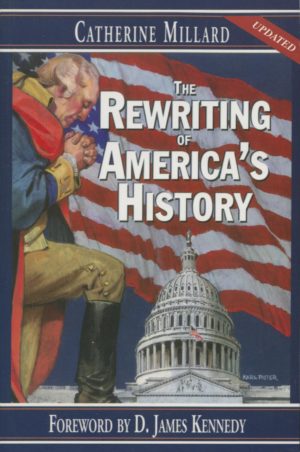Few Americans are familiar with the story of Marcus and Narcissism Whitman, two great American heroes, and their work for the cause of the gospel. Marcus made a valiant cross-country ride to save Oregon from falling to the Hudson Bay Company – and hence to the British.
As all believers know, every revival is preceded by prayer and fasting. In Kentucky in 1797, a young pastor by the name of James McGready and others entered into a solemn covenant:
Therefore, we bind ourselves to observe the third Saturday of each month for one year as a day of fasting and prayer for the conversion of sinners in Logan County and throughout the world. We also engage to spend one half hour every Saturday evening, beginning at the setting of the sun, and one half hour every Sabbath morning at the rising of the sun in pleading with God to revive His work.1
Their prayers were answered. Revival took hold of the Kentucky wilderness and spread southward to the Carolinas and north across the mountains to the cities and churches of the East and New England.
Dr. Marcus Whitman and Narcissa Prentiss, who later became his bride, were both deeply touched by the revival – so much so that each had committed to the single lifestyle in order to better serve the Lord. But due to a mutual friend and Divine Providence, they married and committed their lives to evangelizing the Indians of the Northwest. The cross-country trip was made by means of sleigh, steamboat, stage, wagon, ox cart, horseback and on foot, all the way from the state of New York. Theirs was the first wagon to cross the Rocky Mountains…
Unbeknownst to the Whitman, they were a providential answer to a foiled attempt by a declining Indian tribe in Oregon to find the one, true, triune God. In 1831, four Nez Perce and Flathead Indians came to St. Louis seeking to learn the secret of the white man’s success, convinced that the white man’s God was more potent than their own. These Indians were: Black Eagle, Rabbit Skin Leggings, No Horns on His Head and Man of the Morning. Their request was that missionaries be sent among them to tell them of the white man’s God. The portraits of Rabbit Skin Leggings and No Horns on His Head are in the National Gallery of Art in Washington, D.C., painted by the Indian authority and painter, George Catlin.
In 1866 there appeared in a lecture by missionary Henry Spalding, an account of the sorrowful appeal of one of these Indians to General Clark when they were leaving to go back to their own people. Said the Indian:
I come to you over a trail of many moons from the setting sun. I came with one eye partly open, for more light for my people who sit in darkness. I go back with both eyes closed. How can I go back blind to my people? I made my way to you with strong arms through many enemies and strange lands. I go back with both arms broken and empty. My people sent me to get the white man’s Book from Heaven. You took me where you allow your women to dance, as we do not ours, and the Book was not there. You took me where they worship the great Spirit with candles, and the book was not there. You showed me the images of good spirits and pictures of the good land beyond. But the Book was not among them. I am going back the long, sad trail to my people of the dark land. You make my feet heavy with burdens of gifts, and my moccasins will grow old in carrying them. But the Book is not among them. When I tell my poor, blind people after one more snow in the big Council that I did not bring the Book, no word will be spoken by our old men or by our young braves. One by one they will rise up and go out in silence. My people will die in darkness, and they will go on the long path to other hunting grounds. No white man will go with them, and no white man’s Book, to make the way plain. I have no more words.2
No woman ever made such a journey as that made by Narcissa Whitman. In her fascinating journal for July 27, Narcissa, after speaking of some of her hardships, writes: “Do not think I regret coming. No, far from it. I would not go back for the world. I am contented and happy. Notwithstanding, I sometimes get very hungry and weary. Have six weeks’ steady journey before us. Will the Lord give me patience to endure it?”
On August 29, when from the summit of the Blue Mountains Narcissa saw the Columbia River and Mount Hood, the goal of their journey, far off in the distance, two biblical promises came to her mind: “As thy days, so shall thy strength be,” and “Lo, I am with you alway.”
The Whitmans established themselves at Waiilatpu, among the Cayuse Indians. What was the gospel of the Oregon Trail? What was the gospel that compelled Marcus and Narcissa Whitman to thrust through the dangers and hazards of the great Northwest? What made them faithful unto martyrdom, perishing at the hands of those to whom they brought the good news of eternal life? What was the gospel which erected the first Protestant church west of the Rockies? What was the gospel that transformed the Indians, causing them to discard their tomahawks and scalping knives; replacing them with the resounding hymns of redemption each morning and evening – filling the mission with praises to Jehovah God? It was the magnificent gospel of Christ the Redeemer, the gospel of salvation from sin through the shed blood of the Lamb of God who takes away the sin of the world. This was the gospel of the Oregon Trail.
The British, who had established posts in Oregon through the Hudson Bay Company’s fur trading, had intended to colonize the territory. Marcus Whitman undertook the arduous journey to Washington, D.C., to make his appeal for this valuable land. The fascinating story was related by none less than President Warren G. Harding in 1923 in a speech on “The Oregon Trail” at Meacham, Oregon. Here are excerpts:
My Countrymen:
As I stand here in the shadow of the great hills, my mind reverts to the placid banks of the broad Potomac…
Marcus Whitman, the pioneer missionary hero of the vast, unsettled, unexplored Oregon country, who had come out of the West to plead that the State should acquire for civilization the Empire that the churches were gaining for Christianity…
It was more than a desperate and perilous trip that Marcus Whitman undertook. It was a race against time. Public opinion was rapidly crystallizing into a judgment that the Oregon country was not worth claiming, much less worth fighting for; that even though it could be acquired against the insistence of Great Britain, it would prove to be a liability rather than an asset…
And he did not hesitate to speak plainly as one who knew, even like the prophet Daniel. “Mr. Secretary,” he declared, “You would better give all New England for the cod and mackerel fisheries of Newfoundland than to barter away Oregon.”
Then, turning to the President in conclusion, he added quietly but beseechingly: “All I ask is that you will not barter away Oregon or allow English interference until I can lead a band of stalwart American settlers across the plains. For this I shall try to do!”
The manly appeal was irresistible. He sought only the privilege of proving his faith. The just and considerate Tyler could not refuse.As I “Dr. Whitman,” he rejoined sympathetically, “your long ride and frozen limbs testify to your courage and your patriotism. Your credentials establish your character. Your request is granted!…”
…Never in the history of the world has there been a finer example of civilization following Christianity. The missionaries led under the banner of the cross, and the settlers moved close behind under the star-spangled symbol of the Nation…
There are no new worlds to conquer
Gone is the last frontier,
And the steady grind of the wagon-train,
Of the sturdy pioneer.
But their memories live like a thing divine,
Treasured in Heaven above,
For the Trail that led to the storied west,
Was the wonderful trail of Love.
Warren Gamaliel Harding
President of the United States
(1865-1923)3
Tragically, Whitman, his wife and twelve others were massacred in a sudden uprising of the Indians. They had been incited to violence by a worthless man from Maine named Jo Lewis, who had circulated the tale that Dr. Whitman was poisoning the Indians…The seed that these devoted missionaries had sown did not return unto God void (Isaiah 55:10-11). It still bears fruit in the Christian churches and Christian faith of the Nez Perce and Cayuse Indians…
Of the extraordinary lives, saga and events which characterize Marcus and Narcissa Whitman’s Christian witness among the Indians, Chester Collins Maxey, former president of Whitman College writes:
There has been no other couple like the Whitmans in American history – no wooing more strange, no wedding more extraordinary, no marriage more proof against stress and storm, no union of purpose or effort more perfect, no failure more pathetic, no ending more terrible, no immortality more sublime than theirs. Forces they did not control or understand brought their lives to a dire and agonizing close; yet so greatly did they live, so magnificently did they labor and serve that forces they set in motion will forever enrich the civilization they helped plant on the Western slopes of the Continental Divide.4
Americans owe a great debt of gratitude to pioneers as selfless and as dedicated as Marcus and Narcissa Whitman – their work among the Indians having brought to them “the Book that tells about Heaven,” and Marcus Whitman’s valiant ride cross-country having helped preserve Oregon for the Union. This undaunted medical missionary left his indelible footprints throughout Washington State, mapping out a great episode in the identity of America’s developing era as a nation under God.
To learn more, click here .
___________________________
Bibliography:
1MacCartney, Clarence Edward Noble. The Gospel of the Oregon Trail. (AnAddress, First Presbyterian Church, Pittsburgh, Pennsylvania), June 1,1936.
2Weigle, Luther A. (ed.). The Pageant of America. Vol. X. American Idealism. New Haven: Yale University Press, 1925.
3Harding, Warren Gamaliel, A Government Document. Washington, D.C.:Government Printing Office,1923.
4Maxey, Chester Collins. Marcus Whitman, 1802-1847. His Courage, His Deeds, andHis College. New York: Newcomon Society in North America, 1950, p. 38.
